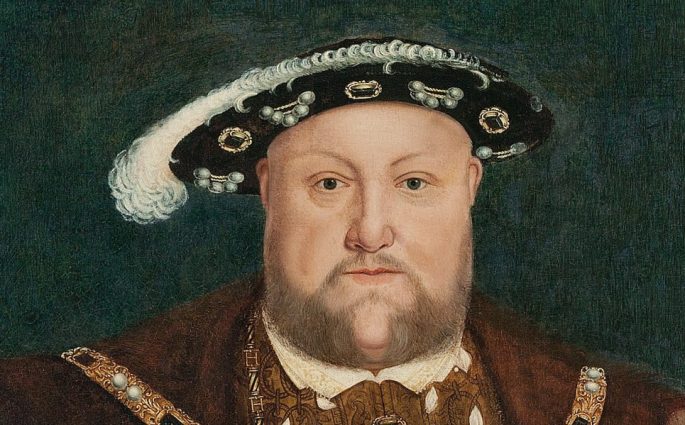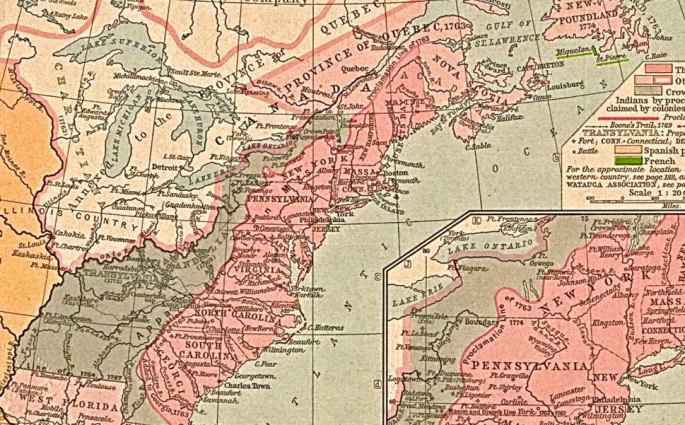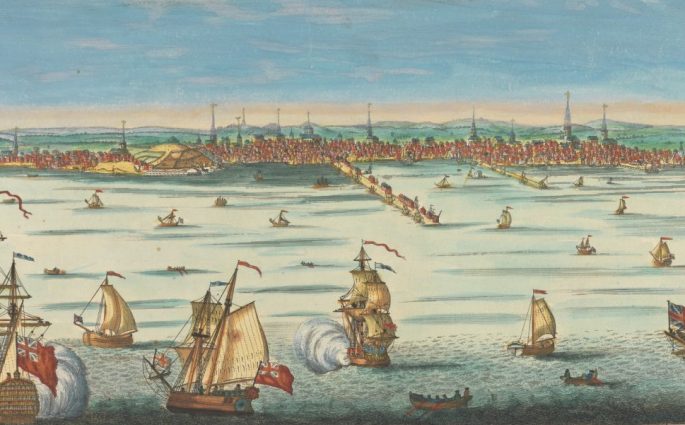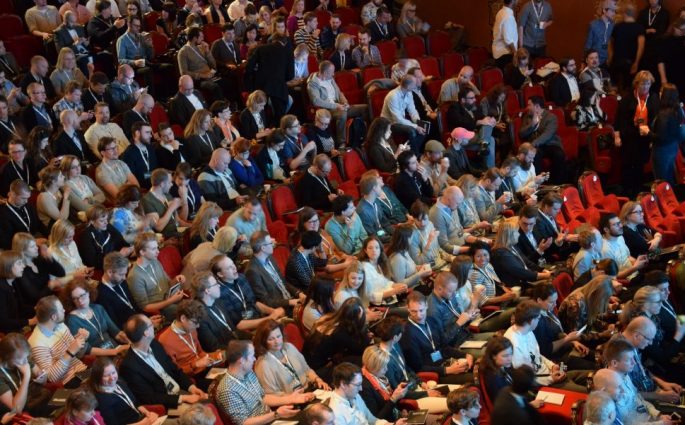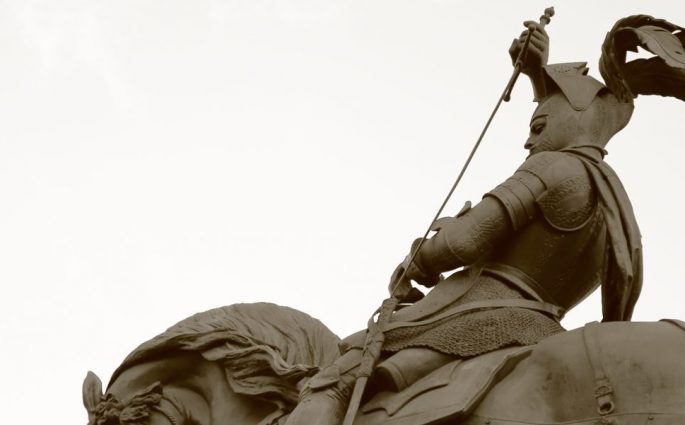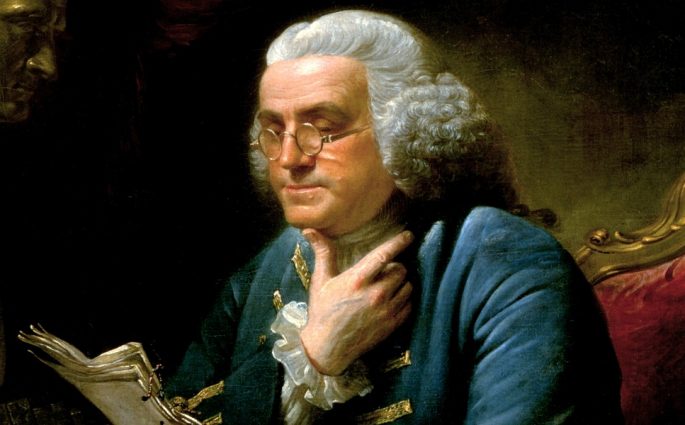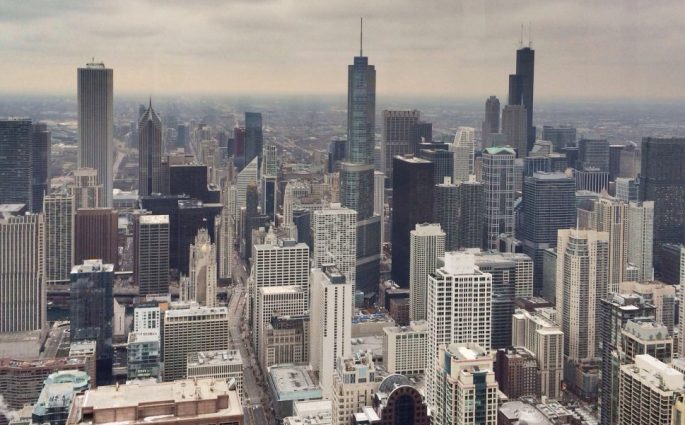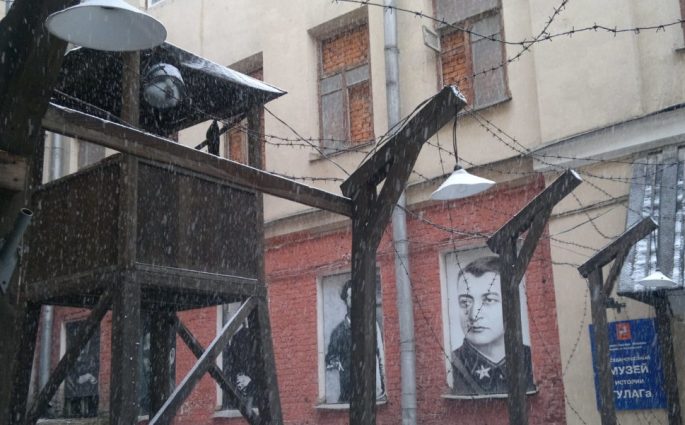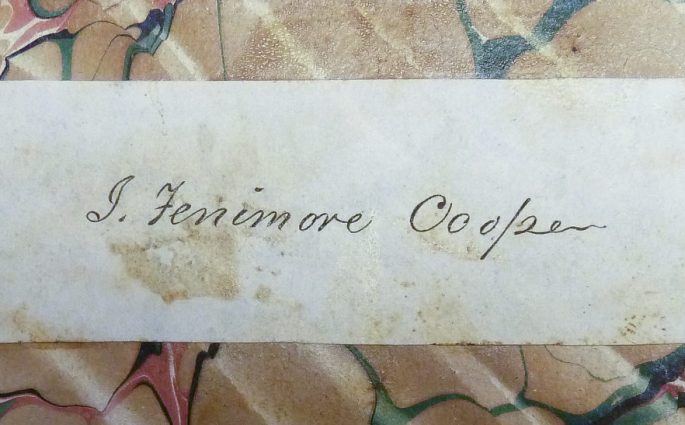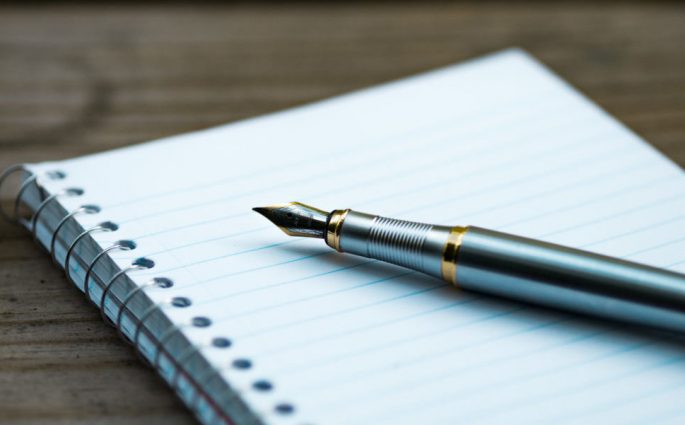The English Reformation: Was Henry VIII the Founder of Roman Catholicism?
Peter Marshall— The Reformation in England—heralded by Henry VIII’s repudiation of the authority of the pope in 1533-4—is usually conceived of as a process of societal conversion, through which one kind of religious culture gradually transformed itself into another. A fundamentally Catholic nation became an overtly Protestant one, and the

